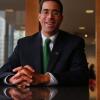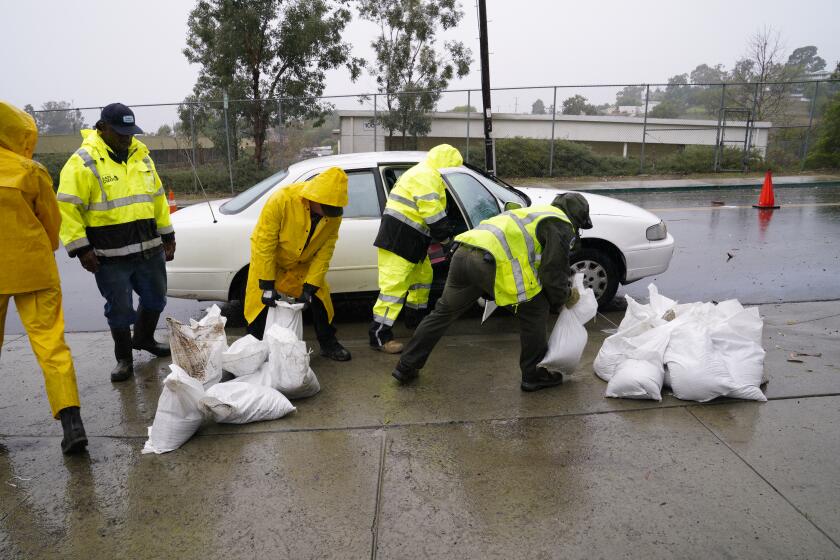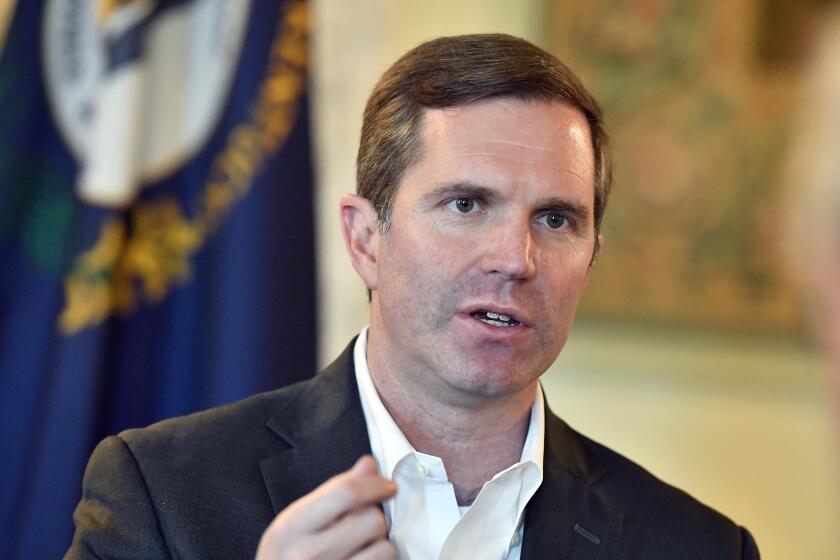CAL-OSHA, EEOC update COVID-19 workplace law

The California Department of Public Health (CDPH) has reimposed mask mandates in public indoor settings. Under existing Occupational Safety and Health Standards Board (OSHSB) emergency temporary standards, “Employers shall provide face coverings and ensure they are worn by employees when required by orders from the CDPH.” Failure to comply may subject an employer to substantial fines and other enforcement actions by the California Division of Occupational Safety and Health (Cal/OSHA).
OSHSB adopts new restrictions on fully vaccinated employees with close contact with COVID-19 cases
On Thursday. OSHSB voted to revise and extend its COVID-19 standards. The revised rules take effect on Jan. 14.
Employees the employer has documented are fully vaccinated and who are asymptomatic after having had contact for a cumulative 15 minutes or more within a 24-hour period with someone who has contracted COVID-19 must be excluded from the workplace for 14 days unless they “wear a face covering and maintain six feet of distance from others at the workplace for 14 days following the last date of close contact.”
Under the current standards, fully vaccinated workers who are asymptomatic after having been in close contact with someone with COVID-19 may continue to work onsite without restrictions. The California Chamber of Commerce, among other business groups, opposed the change as disincentivizing vaccination.
Under the revised standards, an employer also will no longer be able to accept an employee’s self-administered and self-read test for COVID-19 unless the test is observed by the employer or an authorized telehealth proctor. Self-tests may be adequate “where specimen collection and processing is either done or observed by an employer.”
OSHSB updated the definition of face coverings. They must not be translucent, must be secured to the head with ties, ear loops, or elastic bands that go behind the head, and “must fit snugly over the nose, mouth, and chin with no large gaps on the outside of the face.”
EEOC issues updated guidance on COVID-19 as disability
The U.S. Equal Employment Opportunity Commission (EEOC) just issued updated guidance addressing how employers should evaluate and accommodate COVID-19 under the federal Americans with Disabilities Act (ADA) requiring an employer to accommodate an applicant or employee absent undue hardship to the employer.
The ADA defines a disability as a condition that “substantially limits” a major life activity. Under California’s Fair Employment & Housing Act, disabilities more broadly need only “limit” a major life activity. One leading reference explains that “individuals with a short-term or temporary condition may qualify for protection under the FEHA though the same condition might not qualify under the ADA.” The EEOC’s new COVID-19 guidance aligns in this respect with California law by confirming that “limitations from COVID-19 do not necessarily have to last any particular length of time to be substantially limiting. They also need not be long-term.”
The EEOC advises that a person with COVID-19 may or may not be considered disabled under the ADA, entitled to reasonable accommodation and nondiscrimination. Employers make that disability determination on a case-by-case basis. “A person infected with the virus causing COVID-19 who is asymptomatic or a person whose COVID-19 results in mild” flu- or cold-like symptoms is not considered disabled. “This is so even though this person is subject to CDC guidance for isolation during the period of infectiousness.”
By contrast, a person with COVID-19 is considered disabled if, for example, the individual “experiences ongoing but multiple-day headaches, dizziness, brain fog, and difficulty remembering or concentrating, which the employee’s doctor attributes to the virus.”
Sometimes COVID-19 causes or worsens disabilities, even where the COVID-19 would not by itself be considered disabling. COVID-19 may cause an individual to develop a disabling heart inflammation, stroke, or diabetes requiring reasonable accommodation, according to the EEOC.
An employer may ask the employee for written confirmation from the employee’s health care provider where an employee requests a reasonable accommodation related to COVID-19, particularly where the employee’s need for accommodation is not obvious. “Often, the only information needed will be the individual’s [COVID-19] diagnosis and any restrictions or limitations. The employer also may ask about whether alternative accommodations would be effective in meeting the disability-related needs of the individual.”
The Ghost of Christmas Future promises a season to come without mandates, masks, and distancing. Today, though, the Ghost of Christmas Present haunts us, animated by the spirit of the law at work.
Dan Eaton is a partner with the San Diego law firm of Seltzer Caplan McMahon Vitek where his practice focuses on defending and advising employers. He also is an instructor at the San Diego State University Fowler College of Business where he teaches classes in business ethics and employment law. He may be reached at eaton@scmv.com. His Twitter handle is @DanEatonlaw
Get U-T Business in your inbox on Mondays
Get ready for your week with the week’s top business stories from San Diego and California, in your inbox Monday mornings.
You may occasionally receive promotional content from the San Diego Union-Tribune.






